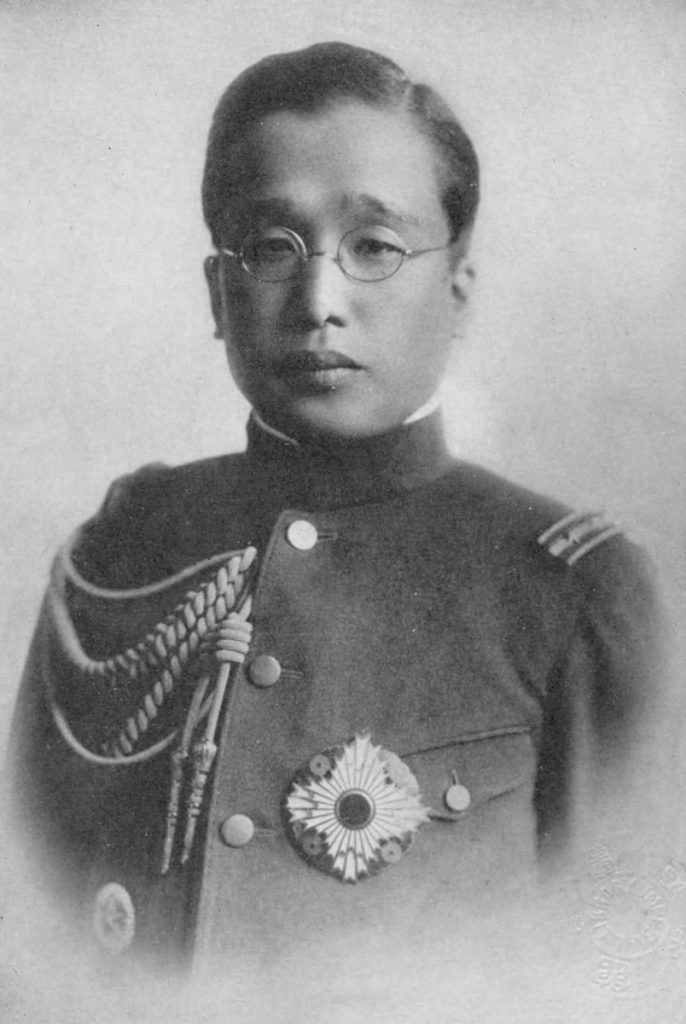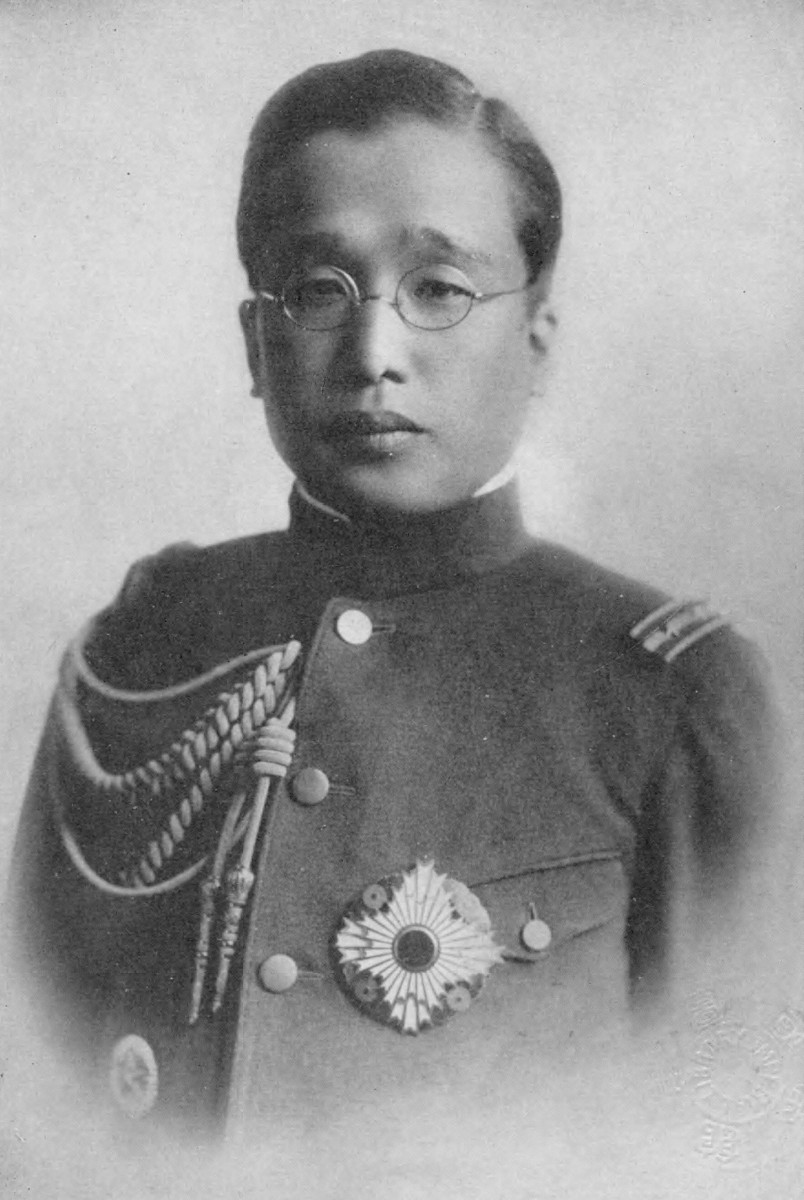
Yi Un
| Yi Un Wiki | |
|---|---|
| Name | Yi Un |
| Profession | Prince |
| Death date | May 1, 1970 |
| Date of Birth | October 20, 1897 |
| Horoscope | Libra |
| Country | South Korea |
| Height | Check Below |
| Net Worth | See Below |
Birthday Countdown
Yi Un, also known as Prince Uimin, was the 28th head of the Korean Imperial House and a prominent figure in Korean history. Born on October 20, 1897, in Seoul, South Korea, Yi Un's life was marked by political turmoil and upheaval.
Early Life and Education
Yi Un was born as the seventh son of Gojong, The Gwangmu Emperor, and Honourable Princess Consort Eom Seonyeong. He was named the Prince Imperial Yeong at birth in 1900 and was later made the crown prince in 1907, despite being younger than his brother, Prince Ui. In 1920, he married Princess Masako of Nashimoto, the eldest child of Prince Nashimoto Morimasa.
Yi Un's education took him to Japan, where he enrolled at the Gakushuin Peers' College in 1907 at the behest of Ito Hirobumi. Under the guidance of Japanese Emperor Meiji, Yi Un completed his studies at the Imperial Japanese Army Academy in 1917 and later at the Army Staff College in 1923.
Military Career and Loss of Royal Status
Yi Un excelled in martial arts but struggled in gymnastics due to his petite stature during his time at the Army Central Youth School in Tokyo. He later became an Imperial Japanese Army general and played a crucial role in Korea's annexation by Japan in 1910.
Following Japan's surrender in 1947, Yi Un lost his status as a royal during the American Occupation of Japan. With Korea declaring independence from Japan, Yi Un became stateless, unable to return to his homeland despite numerous requests to Korean President Syngman Rhee.
Return to Korea
In November 1963, President Park Chung-hee granted permission for Princess Yi Eun and Crown Princess Bangja to return to Korea. This marked a significant moment in Yi Un's life, allowing him to reconnect with his Korean roots after years of exile.
Legacy
Yi Un's life was a reflection of the tumultuous history of Korea in the early 20th century. His story serves as a reminder of the complex political dynamics that shaped the fate of nations and individuals during that period.
Despite the challenges he faced, Yi Un's resilience and determination to reclaim his identity and heritage are a testament to the enduring spirit of the Korean people.









